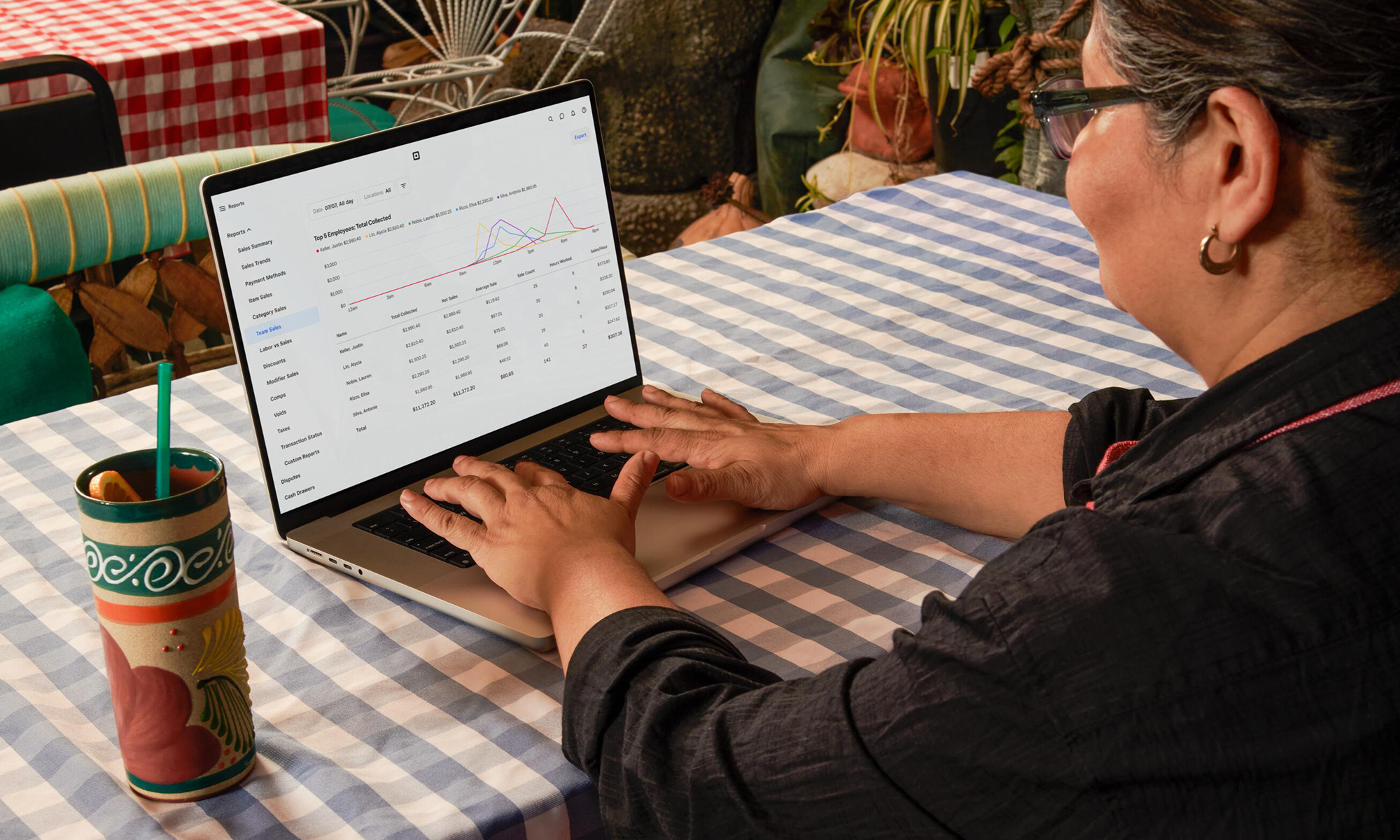Square (SQ 6.03%) recently made its payroll services, which it launched in 2015, available as a mobile app. In a blog post, Square said that the new app would work "just like the web experience" and allow employers to pay their employees in just "a few taps."
The app lets employers import time cards, enter hours, and submit pay runs, while Square handles the filing, paying, and withholding of payroll taxes. This process greatly streamlines and simplifies the payroll process, which traditionally requires accounting software or the help of a dedicated accountant.

Image source: Getty Images.
Square's announcement immediately caused shares of traditional payroll companies like ADP and Paychex to drop. However, Square's real target is probably Workday (WDAY 7.00%), which offers enterprise cloud services that help companies staff, pay, and organize their workforces.
The battle of the one-stop shops
To understand why Square is chasing Workday, we should realize that both companies offer "one-stop shops" for businesses. Square initially disrupted the traditional POS (point-of-sale) system market by converting iPhones and iPads into checkout registers. It then launched the Square Register, a stand-alone POS system that was significantly cheaper than traditional systems.

Image source: Getty Images.
Square then introduced and cross-sold more services to those customers -- including tools for managing business analytics, payrolls, inventories, and customer relationships, as well as delivery and logistics services, website design tools, and even financing options. Simply put, Square wants to become a one-stop shop for digitizing small- to medium-sized business.
Meanwhile, Workday disrupted the traditional human resources (HR) market with its cloud-based tools for keeping track of a company's staff and payrolls. It also offers machine learning and analytics tools, which it recently expanded by acquiring Adaptive Insights' business planning and financial modeling tools.
All these tools help companies make data-driven decisions about HR changes and business strategies. Workday mainly serves large enterprises like Walmart, Target, and Bank of America.
Why Square is mimicking Workday
Square's moves into the payroll market look similar to Workday's core HCM (Human Capital Management) platform, since both companies let employers and employees track their payments on a mobile app.
Square bundles more services together for businesses, which might make it a more appealing choice for younger businesses. Workday, however, mainly provides tools for a company's HR and financial departments. Square's platform also has a higher rating than Workday HCM on software and services review site G2Crowd. Square has a 4.6 rating, compared to Workday HCM's 4.0 rating.
But those reviews mostly came from different markets -- 86% of Square's reviews were from small businesses with fewer than 50 employees, while 80% of Workday's reviews were from large enterprises with over 1,000 employees. Yet there's still a slight overlap between the two companies in medium-sized businesses. Ten percent of Square's reviews and 16% of Workday's reviews came from medium-sized businesses with 50 to 1,000 employees. Workday also offers a dedicated platform for medium-sized businesses.
Square also heavily targets restaurants with Square for Restaurants, which lets restaurants manage bookings, process payments, and handle deliveries (via Caviar) on a single platform. Bundling payroll services with that platform could challenge Workday's presence in the hospitality industry -- which includes HCM contracts with restaurant chains like Denny's, Panera Bread, and Red Robin.
Square's expansion in the mobile payroll market might not directly impact Workday's growth, but it comes at a time when expectations are at all-time highs for Workday's stock -- which trades at nearly 100 times forward earnings following its 40% rally this year.
Another piece of Square's services pie
Square's new mobile payroll app represents just another slice of its growing pie of subscription and services revenue, which rose 127% annually last quarter and accounted for 16% of its GAAP revenues.
The unit's main pillars of growth include Instant Deposits, the Caviar food delivery service, the Square Capital lending service, the Cash App, and the Cash Card -- a physical debit card that's linked to the app. Square also recently hinted that it could expand that fintech ecosystem with savings and brokerage services.
Guggenheim analyst Jeff Cantwell believes that Square could generate $1.02 billion in subscription and services revenue in 2019, which would account for nearly half of its projected revenue for the year.
The bottom line
Square and Workday probably won't ever become direct competitors. However, both cloud-based companies could cause headaches for traditional payroll providers like ADP and Paychex with their one-stop shop strategies. Therefore, investors interested in the digitization of payroll services should take a closer look at both high-growth stocks.







